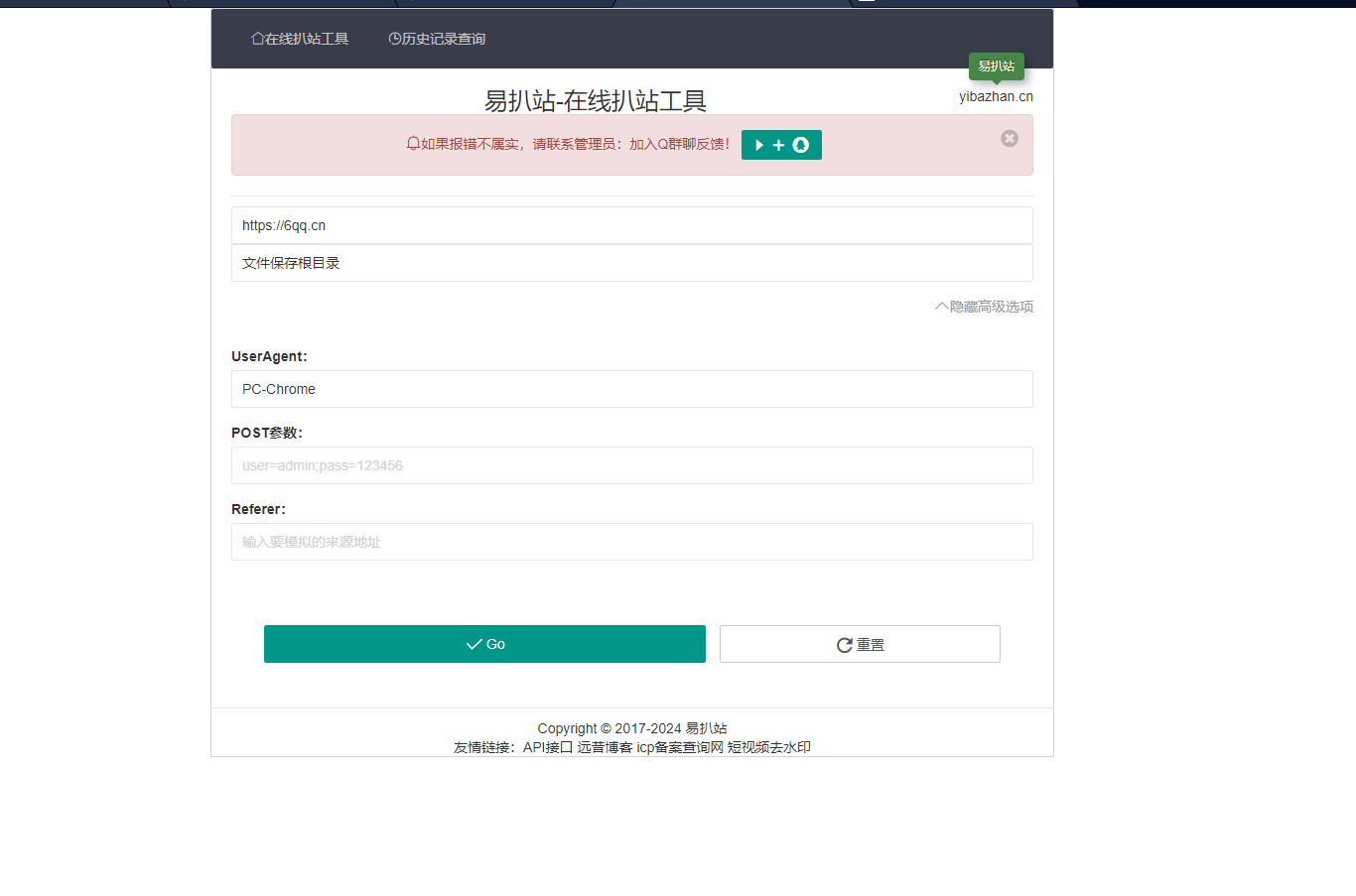本文主要介紹mysql中索引與from_unixtime的問題的相關資料,需要的朋友可以參考下,希望能幫助到大家。
零、背景
簡單收集一些信息后,發現這個慢查詢問題隱藏的很深,問了好多人包括dba都不知道原因。
一、問題
有一個DB, 有一個字段, 定義如下.
mysql?[d_union_stat]>?desc?t_local_cache_log_meta; +----------------+--------------+------+-----+---------------------+ |?Field?????|?Type?????|?Null?|?Key?|?Default???????| +----------------+--------------+------+-----+---------------------+ |?c_id??????|?int(11)???|?NO??|?PRI?|?NULL????????| |?c_key?????|?varchar(128)?|?NO??|?MUL?|???????????| |?c_time?????|?int(11)???|?NO??|?MUL?|?0??????????| |?c_mtime????|?varchar(45)?|?NO??|?MUL?|?0000-00-00?00:00:00?| +----------------+--------------+------+-----+---------------------+ 17?rows?in?set?(0.01?sec)
索引如下:
MySQL?[d_union_stat]>?show?index?from?t_local_cache_log_meta?G????? ***************************?1.?row?*************************** ????table:?t_local_cache_log_meta ??Non_unique:?0 ???Key_name:?PRIMARY ?column_name:?c_id ??Collation:?A ?Cardinality:?6517096 ??Index_type:?BTREE ***************************?2.?row?*************************** . . . ***************************?6.?row?*************************** ????Table:?t_local_cache_log_meta ??Non_unique:?1 ???Key_name:?index_mtime ?Column_name:?c_mtime ??Collation:?A ?Cardinality:?592463 ??Index_type:?BTREE 6?rows?in?set?(0.02?sec)
然后我寫了一個SQL如下:
SELECT? ??count(*) FROM ??d_union_stat.t_local_cache_log_meta where ??`c_mtime`?<p>終于有一天DBA過來了, 扔給我一個流水,說這個SQL是慢SQL。<br></p><p class="jb51code"><br></p><pre class="brush:sql;">#?Time:?170518?11:31:14 #?Query_time:?12.312329?Lock_time:?0.000061?Rows_sent:?0?Rows_examined:?5809647 SET?timestamp=1495078274; DELETE?FROM?`t_local_cache_log_meta`?WHERE?`c_mtime`<p>我頓時無語了,我的DB都是加了索引,SQL都是精心優化了的,怎么是慢SQL呢?</p><p>問為什么是慢SQL,DBA答不上來, 問了周圍的同事也都答不上來。</p><p>我心里暗想遇到一個隱藏很深的知識點了。</p><p>令人懷疑的地方有兩個:1.有6個索引。 2. 右值是 FROM_UNIXTIME 函數。</p><p>于是查詢MYSQL官方文檔,發現6個不是問題。<br></p><p>All storage engines support at least 16 indexes per table and a total index Length of at least 256 bytes.?? <br>Most storage engines have higher limits.</p><p>于是懷疑問題是 FROM_UNIXTIME 函數了。</p><p>然后看看MYSQL的INDEX小節,找到一點蛛絲馬跡。<br></p><p>1.To find the rows matching a WHERE clause quickly.<br>2. To eliminate rows from consideration. <br>?if there is a choice between multiple indexes, MySQL normally uses the index that finds the smallest number of rows. <br>3.If the table has a multiple-column index, any leftmost prefix of the index can be used by the optimizer to look up rows.<br>4. MySQL can use indexes on columns more efficiently if they are declared as the same type and size. <br>?Comparison of dissimilar columns (comparing a String column to a temporal or numeric column, for example) may prevent use of indexes if values cannot be compared directly without conversion.</p><p>看到第4條的時候,提到不同類型可能導致不走索引,難道 FROM_UNIXTIME 的返回值不能轉化為字符串類型?</p><p>于是查詢 FROM_UNIXTIME 函數的返回值。<br></p><p>MySQL FROM_UNIXTIME() returns a date /datetime from a version of unix_timestamp.</p><p>返回的是一個時間類型,那強制轉化為字符串類型呢?<br></p><p class="jb51code"><br></p><pre class="brush:sql;">MySQL?[d_union_stat]>?explain?SELECT? ??->???* ??->?FROM ??->???t_local_cache_log_meta ??->?where ??->???`c_mtime`?=?CONCAT(FROM_UNIXTIME(1494485402))?G ***************************?1.?row?*************************** ??????id:?1 ?select_type:?SIMPLE ????table:?t_local_cache_log_meta ?????type:?ref possible_keys:?index_mtime ?????key:?index_mtime ???key_len:?137 ?????ref:?const ?????rows:?1 ????Extra:?Using?where 1?row?in?set?(0.01?sec)
這次可以看到, 使用了索引,只掃描了一個數據。
二、結論
這次對 FROM_UNIXTIME 的返回值強制轉化一下就可以利用上索引了。
所以這個SQL不能利用上索引是右值與左值的類型不一致導致的。 。
相關推薦:
? 版權聲明
文章版權歸作者所有,未經允許請勿轉載。
THE END


















